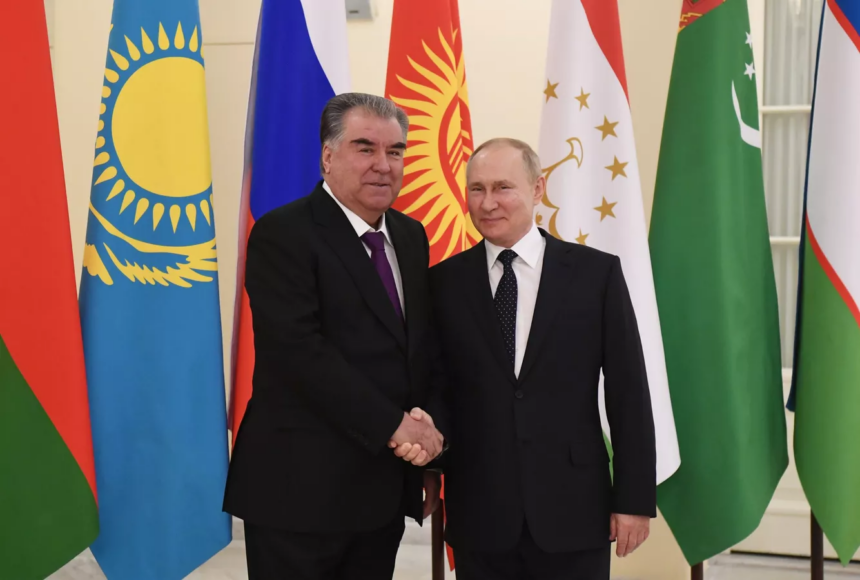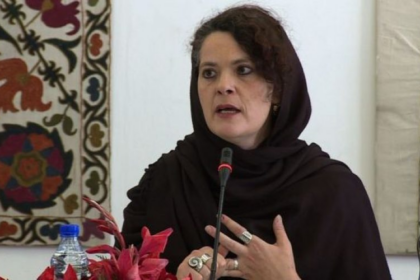RASC News Agency: Russian President Vladimir Putin and Tajik President Emomali Rahmon are scheduled to meet on Tuesday, December 24, in Leningrad. According to Yuri Ushakov, aide to the Russian president, the discussions will prioritize military-technical cooperation and the deteriorating situation in Afghanistan. The Russian state news agency RIA Novosti reports that additional topics will include migration issues, and the expansion of political, trade, economic, and cultural ties between the two nations.
This high-level meeting occurs as Tajikistan prepares to assume the chairmanship of the Commonwealth of Independent States (CIS) in January 2025, following Russia’s tenure in 2024. In November, the CIS Secretary-General expressed support for a proposed “security belt” around Afghanistan, a strategy aimed at curbing the activities of terrorist groups in the region. Sergei Lebedev, the Secretary-General, voiced optimism that this initiative would contribute to the containment of extremist threats. The concept of a security belt around Afghanistan was first introduced by President Rahmon during an extraordinary session of the Collective Security Treaty Organization (CSTO) in October 2022. At that time, Rahmon underscored the urgency of establishing this measure to mitigate escalating security risks emanating from Afghanistan.
Despite some regional nations maintaining limited economic and diplomatic ties with the Taliban, none have formally recognized the regime. These countries remain deeply apprehensive about the spread of extremism and the potential exportation of terrorism. Central Asian nations, in particular, face heightened concerns as the Taliban hosts numerous terrorist groups within Afghanistan’s borders. Many of these groups originate from Central Asia, including Uzbekistan, Tajikistan, Turkmenistan, and Chechnya, as well as other former Soviet republics. These factions reportedly operate under the financial and political backing of the Taliban, amplifying the threat of regional destabilization.
This evolving situation underscores the need for robust regional cooperation to address shared security challenges while countering the Taliban’s expanding influence over extremist networks.






